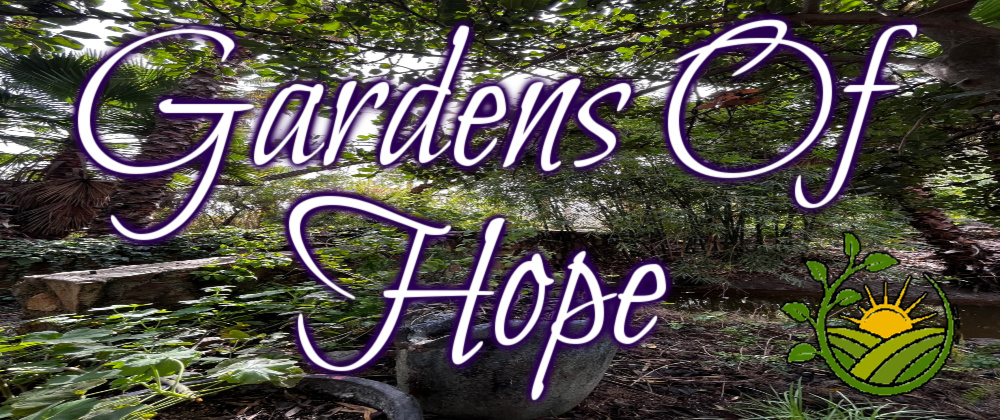Abstract
Background: The literature supports the benefits of medical cannabis for core and comorbid symptoms in autistic individuals and anxiety-related symptoms in individuals without autism. However, no study has specifically investigated how cannabidiol (CBD)-rich cannabis affects anxiety subtypes in autistic children or its relationship with restricted and repetitive behaviors and interests (RRBI). Understanding the effects of CBD-rich cannabis treatment on anxiety subtypes and RRBI could offer more precise treatment approaches to managing anxiety symptoms and reducing RRBI frequency in autistic children.
Objectives: To examine (1) the impact of CBD-rich cannabis treatment on autistic children’s (1a) anxiety levels and subtypes and (1 b) RRBI and subtypes and (2) whether changes in anxiety explain changes in RRBI following cannabis treatment.
Method: In this open-label study, we analyzed data from 65 autistic children (5-12 years) who had participated in research on the effects of CBD-rich cannabis on children with autism. Their parents completed the Repetitive Behavior Scale-revised to assess the frequency and severity of six subgroups of their children’s recurrent behaviors and the Screen for Child Anxiety-Related Emotional Disorders for symptoms related to five types of anxiety disorders. They completed these assessments at three time points: (T1) before treatment, (T2) after 3 months, and (T3) after 6 months of treatment.
Results: The results indicated reduced RRBI and symptoms related to various anxiety subtypes in autistic children following 6 months of CBD-rich cannabis treatment. Specifically, we observed significant differences in the autistic children’s overall anxiety and in some anxiety subtypes (i.e., general, social, panic, and separation anxieties). Significant improvements were observed in RRBI, including the total score, and specifically in compulsive, ritualistic, and sameness behaviors. Our findings revealed that reduced anxiety, particularly within the panic- and separation-related subtypes, predicted a subsequent decrease in RRBI, specifically sameness behaviors, following cannabis treatment.
Conclusions: The findings of the cannabis treatment’s potential benefits for alleviating anxiety symptoms, leading to reduced RRBI, may provide evidence for the meaningful relationship between these variables and for the potential benefits of cannabis treatment for autistic children. We strongly recommend further double-blind, placebo-controlled studies using standardized assessments to validate these findings.
Keywords: CBD-rich cannabis; anxiety; autism; children; repetitive behaviors.
Similar articles
-
Gender differences in restricted and repetitive behaviors and interests in youth with autism.Autism Res. 2019 Feb;12(2):274-283. doi: 10.1002/aur.2049. Epub 2018 Dec 17.PMID: 30561911
-
Children and adolescents with ASD treated with CBD-rich cannabis exhibit significant improvements particularly in social symptoms: an open label study.Transl Psychiatry. 2022 Sep 9;12(1):375. doi: 10.1038/s41398-022-02104-8.PMID: 36085294 Free PMC article. Clinical Trial.
-
The Relations between Repetitive Behaviors and Family Accommodation among Children with Autism: A Mixed-Methods Study.Children (Basel). 2023 Apr 19;10(4):742. doi: 10.3390/children10040742.PMID: 37189991 Free PMC article.
-
CBD-enriched cannabis for autism spectrum disorder: an experience of a single center in Turkey and reviews of the literature.J Cannabis Res. 2021 Dec 16;3(1):53. doi: 10.1186/s42238-021-00108-7.PMID: 34911567 Free PMC article. Review.
-
Cannabinoid treatment for the symptoms of autism spectrum disorder.Expert Opin Emerg Drugs. 2024 Mar;29(1):65-79. doi: 10.1080/14728214.2024.2306290. Epub 2024 Jan 23.PMID: 38226593 Review.


